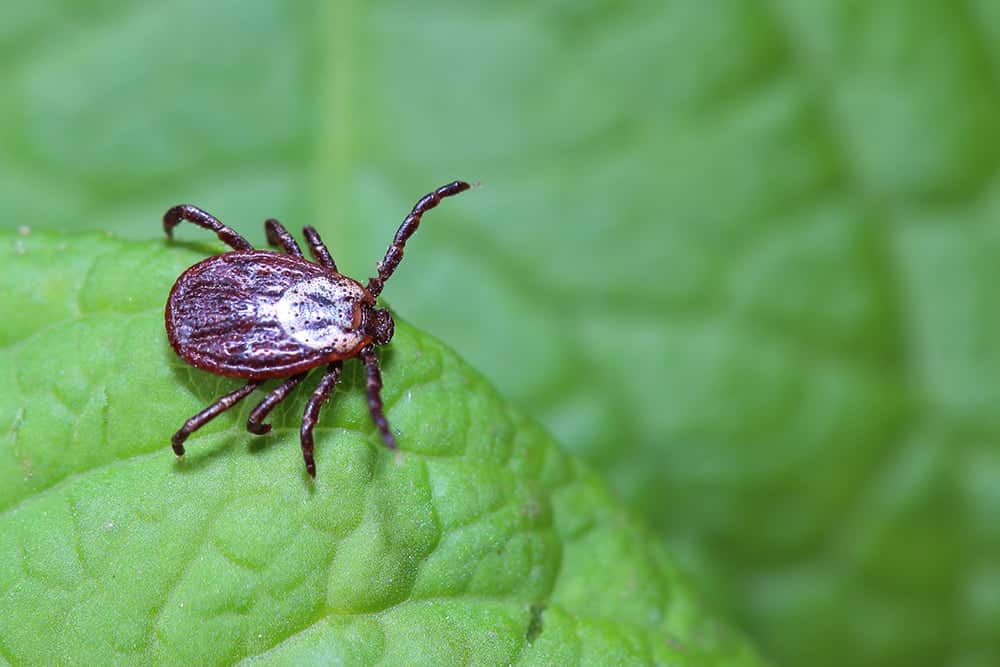June 4, 2014

Ticks bites can make people sick. Below are some steps that you can take after a tick bite to reduce your chances of getting sick and how to get treatment promptly if you do get sick.
Remove the tick as soon as possible
- Use fine-tipped tweezers to grasp the tick as close to the skin as you can.
- Pull upward with steady, even pressure. Don’t twist or jerk the tick.
- After removing the tick, clean the bite area and your hands with rubbing alcohol or soap and water.
- Dispose of the tick by flushing it down the toilet. If you would like to bring the tick to your healthcare provider for identification, put it in rubbing alcohol or place it in a sealed bag/container.
Consider calling your healthcare provider
In general, CDC does not recommend taking antibiotics after tick bites to prevent tickborne diseases. However, in certain circumstances, a single dose of doxycycline after a tick bite may lower your risk of Lyme disease. Consider talking to your healthcare provider if you live in an area where Lyme disease is common.
Watch for symptoms for 30 days
Call your healthcare provider if you get any of the following:
- Rash
- Fever
- Fatigue
- Headache
- Muscle pain
- Joint swelling and pain
Treatment for tickborne diseases should be based on symptoms, history of exposure to ticks, and in some cases, blood test results. Most tickborne diseases can be treated with a short course of antibiotics.
